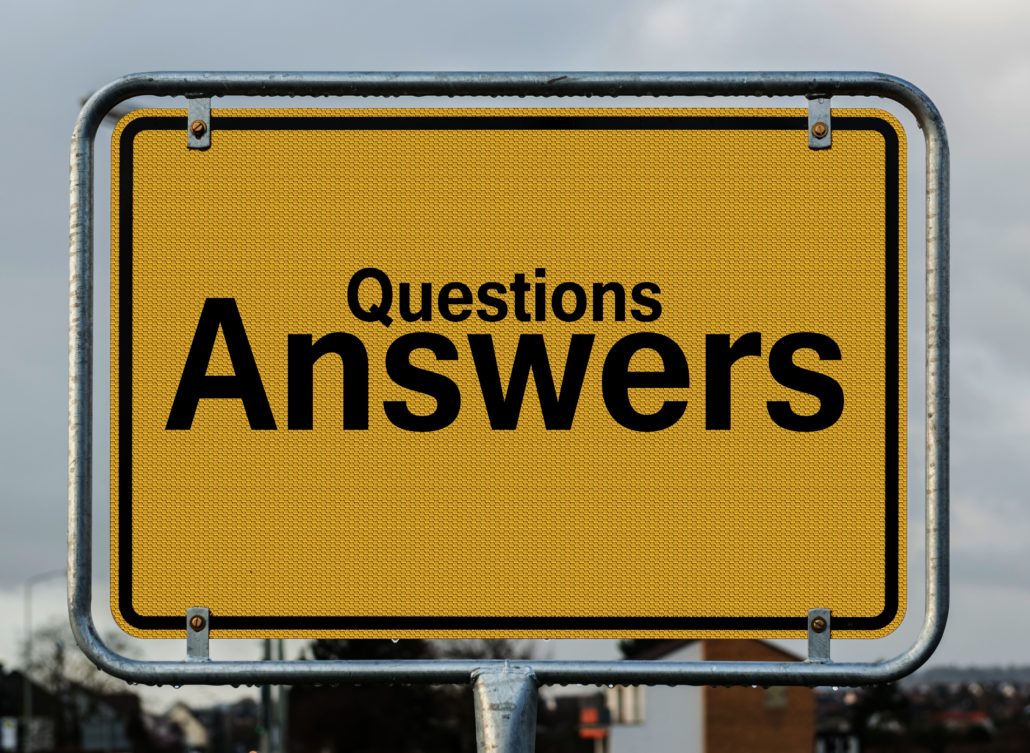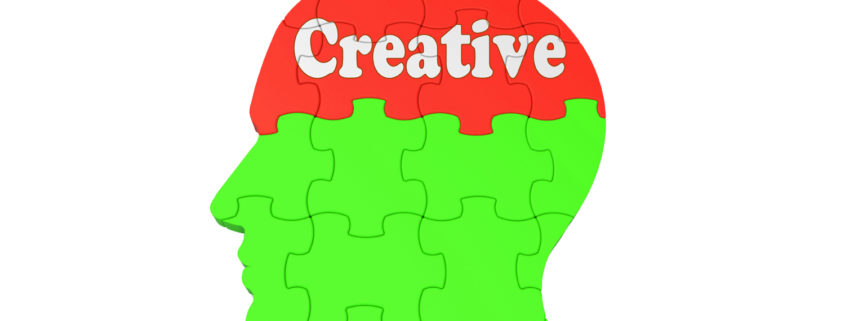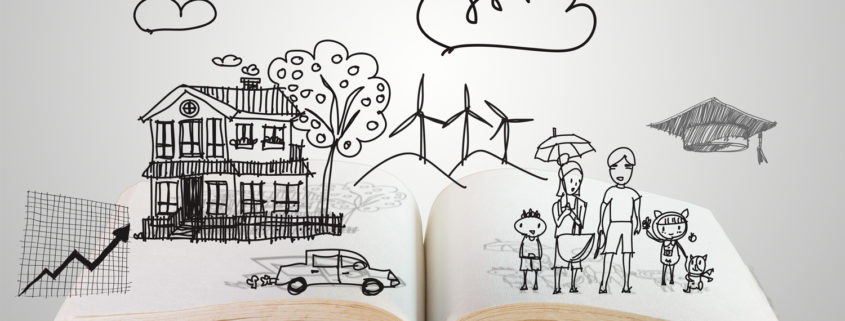
Photo by Lani Buess
I could see the murky mass from afar. It didn’t initially make much sense to me. It was so dimly lit that I could only see a black shape ahead blocked by heavy shadows. As I made my way closer in distance, the figure took form. It was a man, a heavy set, middle-aged man. And he was plainly seated on the #train tracks, as if he had just pushed his chair under a kitchen table to begin a meal.
Unresponsive, the man sat with his back against the filthy stained tile wall. One knee was curled up to his chest, which was dressed in a now-sullied burgundy button-down, while his other leg extended flat out in black slacks. Like a chimney sweep, heavy soot covered his entire face, wisps of his fine brown hair and his swollen eyes ajar. He was turned towards us, the small crowd of drunken or exhausted bystanders standing on the platform waiting for the #PATH train home at 2:30 a.m. He sat there rather serene, but in a seemingly #drunken state. Either he was too inebriated to understand the weight of the situation or his indifference masked sheer shock. He sat dangerously close to the third rail.
When you are tired and tipsy after a long night of #partying with friends this is the last thing you expect to see. A man had fallen on the train tracks.
“Have the #cops been called? Oh god, I hope the train isn’t coming!” Thoughts and questions swirled chaotically in my hazy mind. And yet, no one looked especially affected.
“Richard? Look at me, Richard. Come over here, let’s get you off those tracks,” a rather collected woman, who looked to be in her early 30’s, said. In dressy white shorts, a black satin blouse, and tall black high heels, I’m sure she wasn’t expecting this on her #Friday night, either.
From what I gathered, police were on their way, which could explain why Richard and those waiting for the train had no sense of urgency. He must have fallen off the tracks some time ago, but this was all new to me, as was the feeling of #terror at this potentially looming #tragedy. The woman helped coax Richard to the platform where we all stood, while the two #officers who arrived shortly lifted him up clumsily. Richard supported himself on a PATH column. He murmured something about his glasses. A #conductor from a passing train jumped onto the rails, retrieved his glasses, and handed them over. Richard, eyes still half shut, sat there clutching his left arm, while the officers stood overhead, barely saying anything.
“He has a fractured arm,” the woman told the officers. She also pointed out Richard’s bleeding temple. One of the officers pulled out a large rectangular bandage from a bag, pressed it against Richard’s temple and told him to hold it firmly in place. The woman crouched down to Richard’s eye level a few feet away trying to make contact. Most of the crowd stood a good distance from Richard. They didn’t want to get in the way or were simply too scared at the unexpected sight. They say in the face of #fear you either #flee or #fight. This woman stood in the trenches, like a #medical officer in #battle, constantly talking to him, calling him by name, and making sure he stayed awake. She stood strong.
When the #EMT’s arrived some half hour later it was confirmed that Richard had a broken wrist and would need some stitches.
“Are you in the medical field?” I asked the woman.
“No, but my mom is. I’ve seen a lot,” she replied.
“Well, I just wanted to thank you,” I said.
“Oh, I wasn’t the one who called the cops, or anything,” She answered.
“You are the one still here, and actually talking to him. Yes, you deserve a ‘Thanks,’” I said.
As if not expecting or knowing how to receive a compliment the woman averted her eyes from me and humbly said, “Oh, it was nothing, but thank you.”
Too often we hear of failed #action in #emergency situations that it’s been dubbed #TheBystanderEffect, the #psychological phenomenon where people neglect to help a distressed person, especially when there are hordes around. We tend to shirk #responsibility to act because we feel the responsibility is spread among the entire group of onlookers, and if no one addresses the issue we assume that’s the socially acceptable response.
I was reminded of this behavior when my roommate frantically called me one day after witnessing an elderly man getting dragged by a bus on the Upper East Side. She saw a woman running past her screaming, after witnessing the #accident. The woman called for an #ambulance. And when the bus finally stopped, dislodging the man from the bottom of the bus, my roommate got into the street to stop and redirect traffic.
“No one else stopped to even help,” my roommate explained, frustrated and angered. “People were actually driving around the body or taking photos on their #cell phones!”
Our aloofness often looks like apathy. We don’t want disruptions to our day. We can’t be late; we have a busy schedule to keep. As a result, all too often we maintain a safe distance. We make social connections via #technology and do less of “helping thy neighbor.” We disconnect, we disengage. In fact, psychologists Jean Twenge and W. Keith Campbell surmise in their book The Narcissism Epidemic: Living in the Age of Entitlement, published in 2009, that egotistical self-adoration associated with excessive selfishness is an increasing troubling trend. We’re in an era where #selfie is named the Word of the Year in 2013, according to #OxfordDictionary.
And yet we get those #silverlinings, in the woman who helped Richard that fateful night, which show us all isn’t lost. She stepped up when it could have been as easily for her to bow out. While it’s “nothing” to her to offer a helping hand, I’m sure Richard thinks differently.
Opening a door to someone struggling with a stroller, giving up your seat on the subway to a pregnant woman, helping an elderly couple with their groceries, any small gesture of acknowledgement and assistance may end up having a big impact on one’s day.
“Even the smallest act of caring for another person is like a drop of water-it will make ripples throughout the entire pond …” –Jessy and Bryan Matteo
So “Thank You” to those who think unlike the flock. In Richard’s case, you saved a life.

Photo by Lani Buess




 Sometimes life can just get you down. You turn on the news and get an earful of the racial unrest in today’s society. You scroll through your social media feeds and face a barrage of nasty political debates. Or perhaps, it’s something that hits closer to home: a recent breakup, a demanding boss, or a layoff. It could even be as fleeting as a car cutting you off or an unfortunate misunderstanding. It doesn’t take much for us to go from zen to unzipped.
Sometimes life can just get you down. You turn on the news and get an earful of the racial unrest in today’s society. You scroll through your social media feeds and face a barrage of nasty political debates. Or perhaps, it’s something that hits closer to home: a recent breakup, a demanding boss, or a layoff. It could even be as fleeting as a car cutting you off or an unfortunate misunderstanding. It doesn’t take much for us to go from zen to unzipped.





